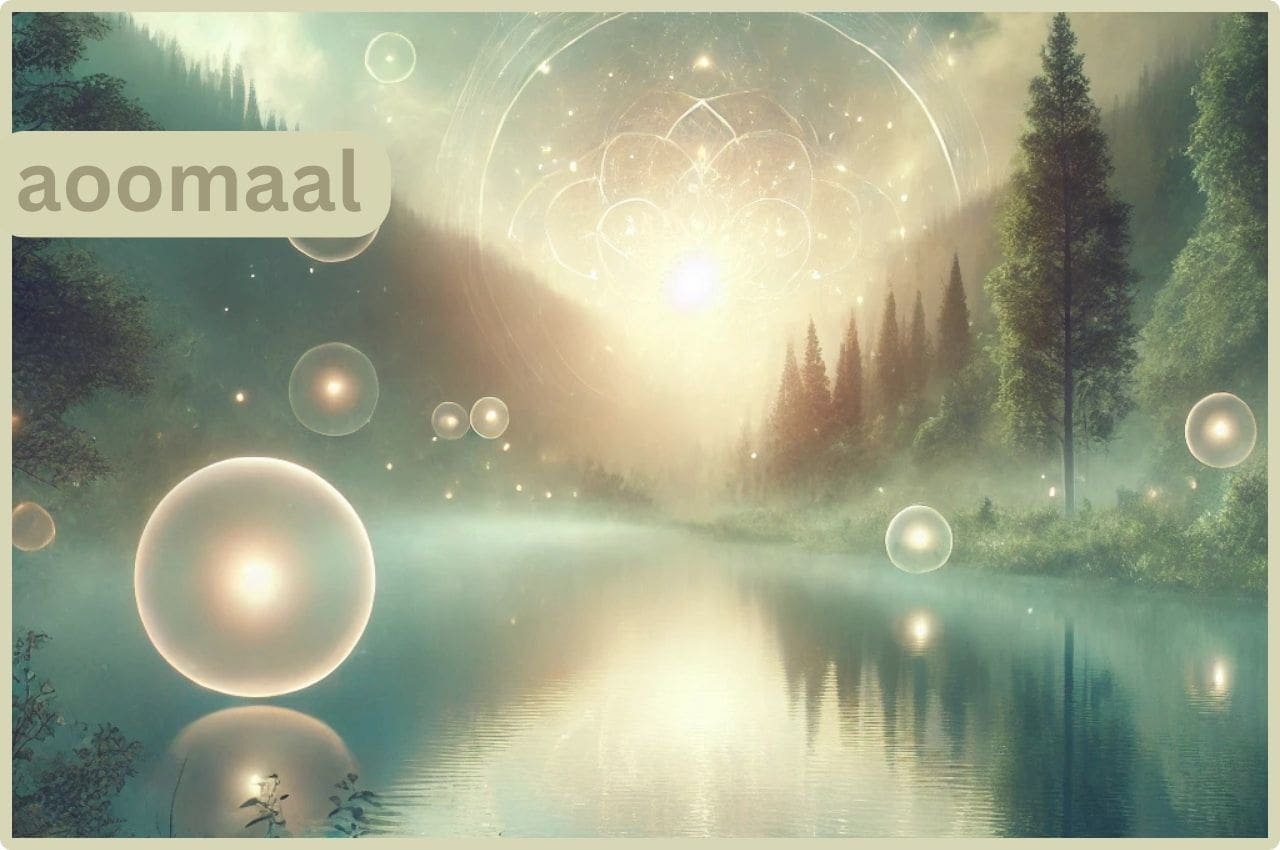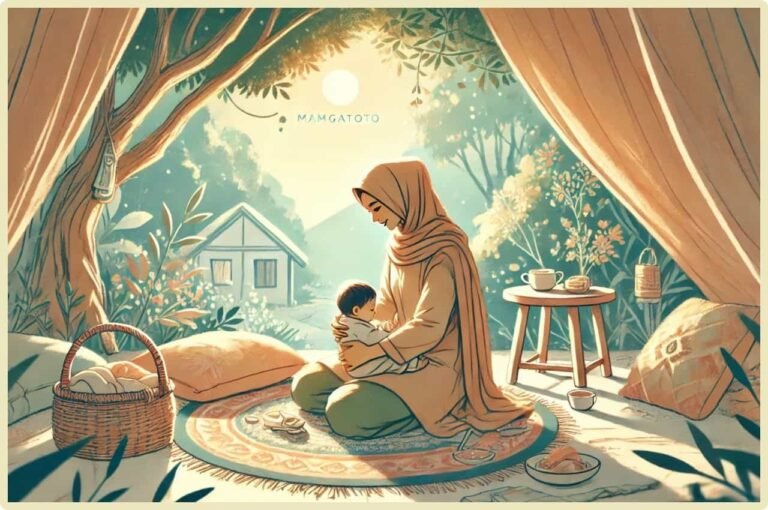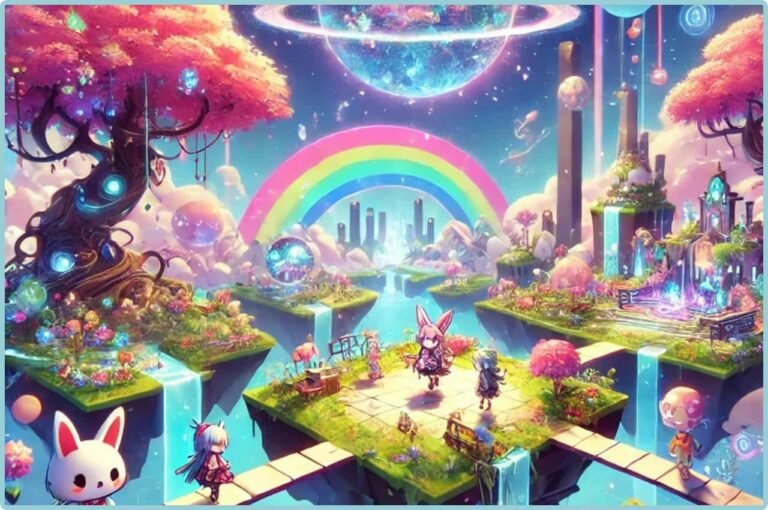Aoomaal: Exploring Its Origins, Significance, and Modern Applications
Introduction to Aoomaal
Aoomaal, an intriguing term that resonates with deep cultural and historical significance, has gradually captured the interest of people worldwide. While not widely recognized in mainstream discussions, Aoomaal holds a rich heritage rooted in various traditions.
So, what exactly is Aoomaal? At its core, Aoomaal refers to a concept or practice deeply embedded in the socio-cultural fabric of several regions, often linked to shared community activities, traditional rituals, or even as a symbolic reference in literary works.
The word “Aoomaal” may seem elusive, but its cultural footprints trace back to ancient civilizations. It embodies values such as cooperation, spirituality, or communal prosperity. Understanding Aoomaal requires diving into its historical roots and how it continues to influence societies today.
Historical Context and Origins
The historical context of Aoomaal unveils a captivating journey through time. The term, in its oldest references, has been associated with collective labour or tasks that communities performed together for mutual benefit. For instance, in agrarian societies, Aoomaal represented a system where people gathered to help with harvesting crops, fostering unity and shared responsibility. This tradition not only ensured productivity but also strengthened social bonds.
Over the centuries, Aoomaal evolved and was influenced by migrations, changing economic structures, and cultural exchanges. However, its essence remained: a symbol of unity, purpose, and mutual support. Understanding the origins of Aoomaal offers a glimpse into how human societies have always valued collaboration, a principle that transcends cultural barriers.
The Significance of Aoomaal in Modern Context
Current Uses and Relevance
Today, the significance of Aoomaal has shifted from traditional communal labour to more modern interpretations. In various communities, Aoomaal still symbolizes a call for cooperation, but it has expanded to include new contexts. For instance, in organizational management or team-building exercises, the principles of Aoomaal are invoked to promote collective effort and harmony among members.
Moreover, Aoomaal is being embraced in social initiatives, which focus on community-driven projects aimed at addressing societal issues such as poverty, education, or environmental conservation. In this sense, Aoomaal represents a powerful force that inspires people to work together toward common goals, even in a highly individualistic world.
Cultural and Social Impacts
The cultural impact of Aoomaal cannot be understated. As a cultural phenomenon, Aoomaal often reflects the values of sharing, resilience, and perseverance. Communities that practice or celebrate Aoomaal do so to foster a sense of belonging and continuity with their ancestors. Festivals or rituals centred around Aoomaal often feature songs, dances, and storytelling that bring people together, celebrating their collective identity.
Socially, Aoomaal plays a crucial role in unifying people from diverse backgrounds. It teaches the importance of empathy and shared experiences, reminding societies that collaboration is key to overcoming challenges. As globalization brings people closer yet paradoxically more divided, the principles of Aoomaal offer lessons in unity and solidarity.
Aoomaal in Different Cultures
Regional Variations
Aoomaal manifests differently across regions. In some cultures, it is celebrated through annual gatherings where people engage in traditional crafts or communal meals. In others, Aoomaal might take the form of social responsibility, with groups coming together to build homes, schools, or places of worship. Each cultural interpretation adds to the richness and versatility of Aoomaal, showcasing its adaptability and enduring appeal.
For example, in certain African communities, Aoomaal is closely tied to agricultural practices, where neighbours still assist each other during planting or harvest seasons. In parts of Asia, it has taken on a more ceremonial role, representing a spiritual journey or a rite of passage. These variations highlight how Aoomaal is both a universal and culturally specific concept.
Symbolic and Practical Meanings
Symbolically, Aoomaal is a beacon of hope and resilience. It represents the idea that unity can bring prosperity, even in the face of adversity. Practically, it serves as a model for modern organizational frameworks that emphasize teamwork and mutual respect. The wisdom embedded in Aoomaal’s practices offers guidance for building sustainable and inclusive communities.
Practical Applications and Benefits
How Aoomaal is Utilized Today?
In contemporary society, the application of Aoomaal goes beyond cultural rituals to influence various fields, including education, business, and social work. Educational institutions, for example, incorporate the ethos of Aoomaal in collaborative learning methods. Here, students are encouraged to work together on projects, share knowledge, and support each other’s learning journey.
In the business world, Aoomaal-inspired practices are visible in team-building strategies where collaboration is paramount. Companies invest in workshops that foster trust and cooperation, mirroring the essence of Aoomaal. Non-profit organizations also draw from Aoomaal principles, organizing community drives where volunteers come together to create tangible change.
Advantages and Challenges
One of Aoomaal’s significant advantages is its ability to unify people, creating a strong sense of community. It fosters an environment where collective goals can be achieved more efficiently and where individual strengths are pooled together for the greater good. However, there are challenges, too. In today’s fast-paced world, getting people to commit time and energy to communal activities can be difficult. Balancing individual responsibilities with the collective spirit of Aoomaal requires creative solutions and a deep understanding of its values.
Future Prospects and Developments of Aoomaal
Innovations and Research
As Aoomaal gains more attention, researchers and innovators are exploring ways to integrate its principles into modern life. From creating digital platforms that encourage community engagement to study its psychological benefits, Aoomaal is becoming a subject of academic interest. These efforts are crucial for adapting ancient wisdom to contemporary needs.
Technological advancements are also contributing. For instance, apps that connect volunteers with community projects embody the spirit of Aoomaal, ensuring that this age-old tradition finds new life in the digital era.
Predictions for the Future
Looking ahead, Aoomaal’s relevance is only expected to grow. As societies grapple with challenges like climate change, social inequality, and global pandemics, the principles of unity and collective action become more crucial than ever. The future may see Aoomaal integrated into global movements that advocate for sustainable living, highlighting how this ancient concept can offer solutions for modern problems.
Conclusion
Aoomaal, with its rich cultural history and evolving significance, continues to inspire and shape communities worldwide. Whether in the form of traditional practices or modern adaptations, the essence of Aoomaal remains a testament to the power of unity and shared purpose. As we move forward, embracing the values of Aoomaal can help us build more cohesive, resilient, and compassionate societies.






